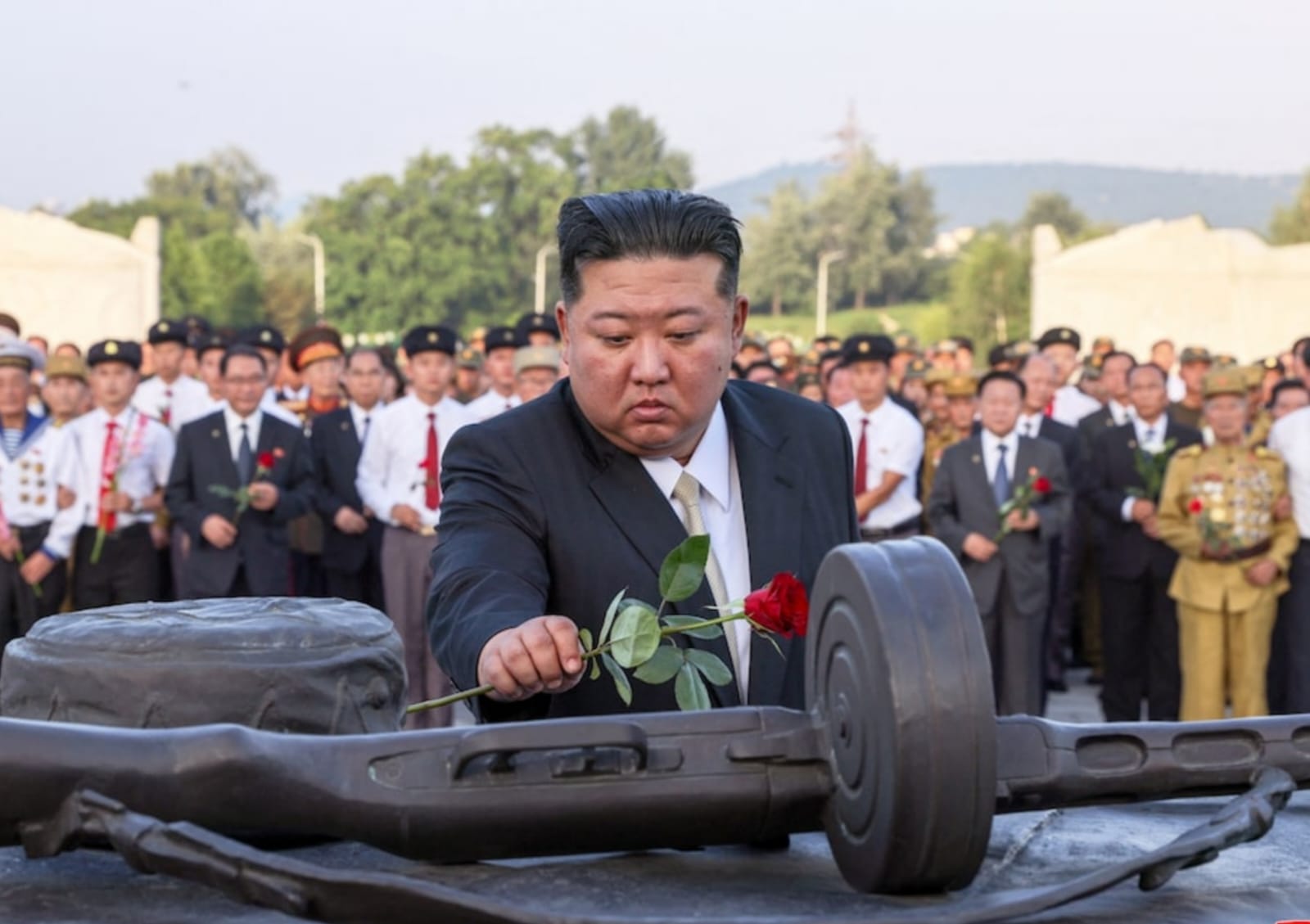
Pyongyang shows no interest in dialogue despite Seoul's conciliatory gestures under new liberal president
North Korea has firmly rejected diplomatic overtures from South Korea's new government, with Kim Yo Jong, the powerful sister of leader Kim Jong Un, dismissing Seoul's peace initiatives as a "great miscalculation."
In her first official response to South Korean President Lee Jae-myung's administration, Kim Yo Jong declared Monday that North Korea has "no interest" in any policy or proposal from the South, regardless of its nature. Her statement, carried by the state-run Korean Central News Agency, effectively slammed the door on hopes for renewed inter-Korean dialogue.
"If South Korea expects to reverse all the consequences of its actions with a few sentimental words, there could be no greater miscalculation than that," Kim said, suggesting Pyongyang views Seoul's recent gestures as inadequate.
President Lee, who took office in June following the impeachment of conservative predecessor Yoon Suk-yeol, had attempted to reset relations with North Korea through several conciliatory measures. His administration suspended anti-North propaganda loudspeaker broadcasts along the demilitarized zone and banned activist balloon drops carrying leaflets into North Korean territory – moves that had previously angered Pyongyang.
However, Kim Yo Jong dismissed these gestures as merely reversing "ill-intentioned activities" that South Korea should never have initiated in the first place. She characterized them as "not even something worth our assessment."
The North Korean official's criticism centered particularly on Lee's continued commitment to the South Korea-U.S. security alliance. Despite his liberal credentials and peace overtures, Lee has maintained that the alliance remains the "pillar" of South Korea's diplomacy, a stance that Kim Yo Jong argued makes him no different from his hardline predecessor.
Kim Yo Jong's statement highlighted North Korea's fundamental objection to South Korea's military partnership with the United States. She described Lee's "blind trust" in the alliance as evidence that his administration would be little different from Yoon's government, which had strengthened military cooperation with Washington and increased joint exercises.
"There can be no change in our state's understanding of the enemy," Kim declared, maintaining North Korea's hostile stance toward the South.
Despite the rebuff, South Korea's Unification Ministry indicated it would continue pursuing dialogue. Ministry spokesperson Koo Byoung-sam acknowledged that Kim's comments revealed "the wall of distrust between the South and the North is very high," but noted they were not especially hostile compared to previous North Korean statements.
The ministry emphasized that Seoul would "consistently make efforts to create inter-Korean relations of reconciliation and cooperation" without being overly sensitive to North Korea's responses.
The rejection underscores the persistent challenges facing efforts to improve inter-Korean relations, with North Korea's nuclear ambitions and the South's alliance with the United States remaining fundamental obstacles to meaningful dialogue between the divided neighbors.